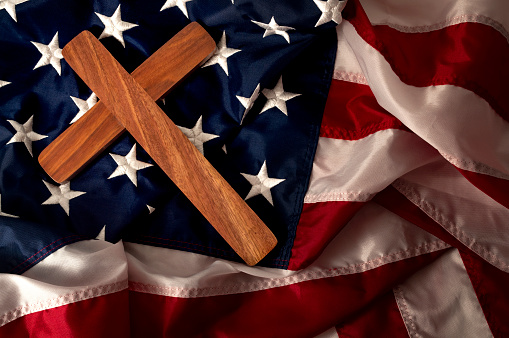“Review of John Witte’s ‘The Blessings of Liberty'” by Nicholas Wolterstorff
The Blessings of Liberty by John Witte Reviewed by Nicholas Wolterstorff In the course of his long and distinguished career as a legal historian, John Witte, Jr. – who holds a named professorship at Emory University and is director of the university’s Center for the Study of Law and Religion – has authored and co-authored…







